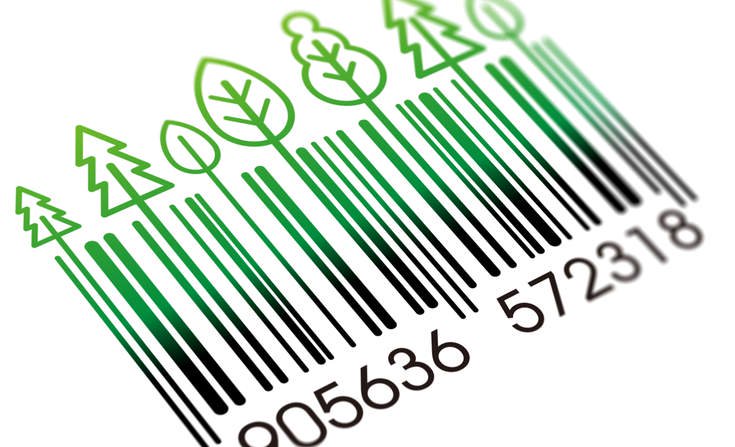11 Dec 2024

Tired Earth
By The Editorial Board

Buying renewable energy is getting easier.
Large U.S. corporations signed contracts this year through Sept. 19 to buy more than 2000 megawatts of renewable power, up nearly 30 percent from last year, and up from just 70 megawatts in 2012, according to the Business Renewables Center.
More than 100 large companies around the world — many based in the United States — have pledged to buy enough renewables to match 100 percent of the power they use. To achieve this, many companies are buying solar, wind or other renewable power directly from suppliers. Participants in VERGE17 in Santa Clara, California, this week discussed their companies' various renewable-power pursuits.
Alphabet's Google says that it is purchasing enough renewable energy this year to match the electricity used by all its offices and data centers around the world.
Facebook aims to buy enough renewables to match half its power usage by 2018 and eventually reach 100 percent.
Buying clean energy can be challenging because power market rules in many places don’t allow it, Facebook Director of Sustainability Bill Weihl said Tuesday. So Facebook is working with other companies and non-governmental organizations to scale corporate purchases of renewable energy, he said.
"I’d like to see this become the norm," Weihl added. He suggested that companies interested in buying renewables contact the Renewable Energy Buyers Alliance.
Companies such as Facebook that use a lot of power have to go beyond installing solar panels on their property because on-site generation doesn’t produce enough power to cover their needs, he added.
There are a variety of ways companies can buy clean power. Sophisticated companies such as Google and Facebook buy much of their clean power directly from wind and solar power suppliers, but other companies buy renewable energy credits or work with their local utility to locate and buy clean power.
Renewable energy credits, or RECs, are the environmental attributes of clean power that are bought and sold separately from the electrons that a solar or wind farm generates.
Not all RECs are the same. There is a range of shades of green, Chelsea Mozen, senior manager of sustainability and energy at Etsy, said Wednesday.
Companies have different reasons for buying RECs, she said. Some companies want to cut their carbon footprint, while others are more keen about the public relations value of being environmentally responsible, or perhaps their customers and/or employees want them to be greener, she added.
Etsy wants to purchase renewable energy in a way that drives the development of new wind or solar power generators, she said: "We’re not interested in purchasing RECs that are not part of creating new capacity; we’re only interested in RECs from new projects."
Other companies are working with their local utility to buy renewable energy for them so that they can get more than a renewable energy credit, but don’t have to go into the energy business.
REI and Starbucks, of Seattle, are buying renewable energy from a wind farm in Washington state through their utility, Puget Sound Energy. The companies approached the utility about helping them procure clean power.
"We’re about protecting the outdoors and helping people enjoy the outdoors," Kirk Myers, senior sustainability manager at REI said.
As a retailer, REI doesn’t use that much electricity. REI’s 65,000 megawatt-hours a year of power usage is considered tiny in the energy industry, he said, adding, "Our brand is much larger than our footprint."
Puget Sound Energy created a renewable energy buying program, Green Direct, for REI, Starbucks, some other companies and some local government agencies that also wanted a way to buy clean power. The utility saw the program as a way to provide a product that its customers want and value, said Thomas MacLean, Puget’s manager of customer renewable energy programs.
More utilities are offering renewable energy purchasing programs for their commercial and other customers, said Erin Craig, vice president of energy and climate consulting firm 3Degrees.
"Utilities have heard the word and are providing, or thinking about providing a suite of renewable energy products for their customers," she said.
Source : www.greenbiz.com
Comment